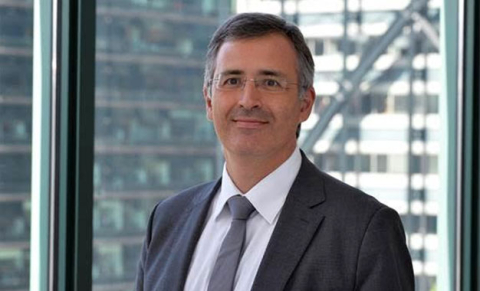
Practical information
This event is dedicated to the public and corporate supports of Ifri's Russia/NIS Center. By personal invitation only.
A closed-doors seminar with Sergey GURIEV, Chief Economist at the European Bank for Reconstruction and Development (EBRD).

After several years of recession, resulting from a combination of falling oil prices, economic sanctions and its own structural weaknesses, the Russian economy seems to have returned to growth. But reforming the economy will be a major challenge during Vladimir Putin's next term of office. Will he have the necessary resources to continue to finance his power politics? Can he undertake reforms without jeopardising the regime's security? What are the prospects for the development of economic relations with China and the European Union?
Chair : Tatiana KASTUEVA-JEAN, Head of Ifri’s Russia/NIS Center
Discussant : Julien VERCUEIL, Ph. D, Associate professor at INALCO Paris
This seminar will be held in English under the Rule of Chatham House.
This event will be held within the framework of the “Russia, Caucasus and Easter Europe Observatory” with the support of DGRIS (Directorate General for International Relations and Strategy), French Ministry of the Armed Forces.
Other events

EV Supply Chains for Japan and Europe: Strengthening Economic Security
Economic security aims to ensure the resilience of supply chains for key industries: the case of electric vehicle production in Japan and Europe will be discussed.

From Ambition to Action: Exploring Technological Partnerships with India
The 16th EU-India Summit, held on January 27th in New Delhi with European leaders António Costa, Ursula von der Leyen, and Prime Minister Narendra Modi, marks a significant milestone in deepening EU-India relations. At the same time, official bilateral visits from EU member states are on the rise, including that of the French President, who visited India in February to participate in the Artificial Intelligence Summit. As India asserts its technological ambitions and seeks to reduce its dependence on China, Europe is stepping up its efforts to diversify its strategic partnerships.






